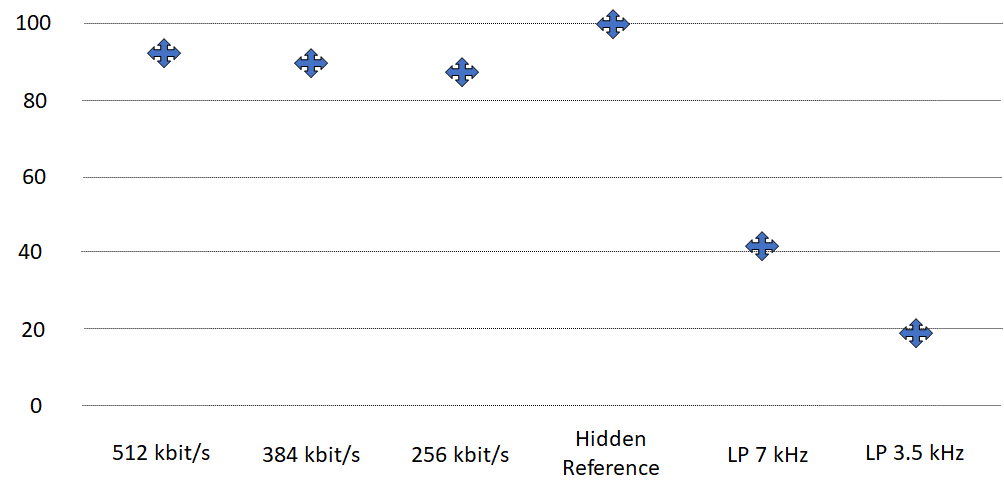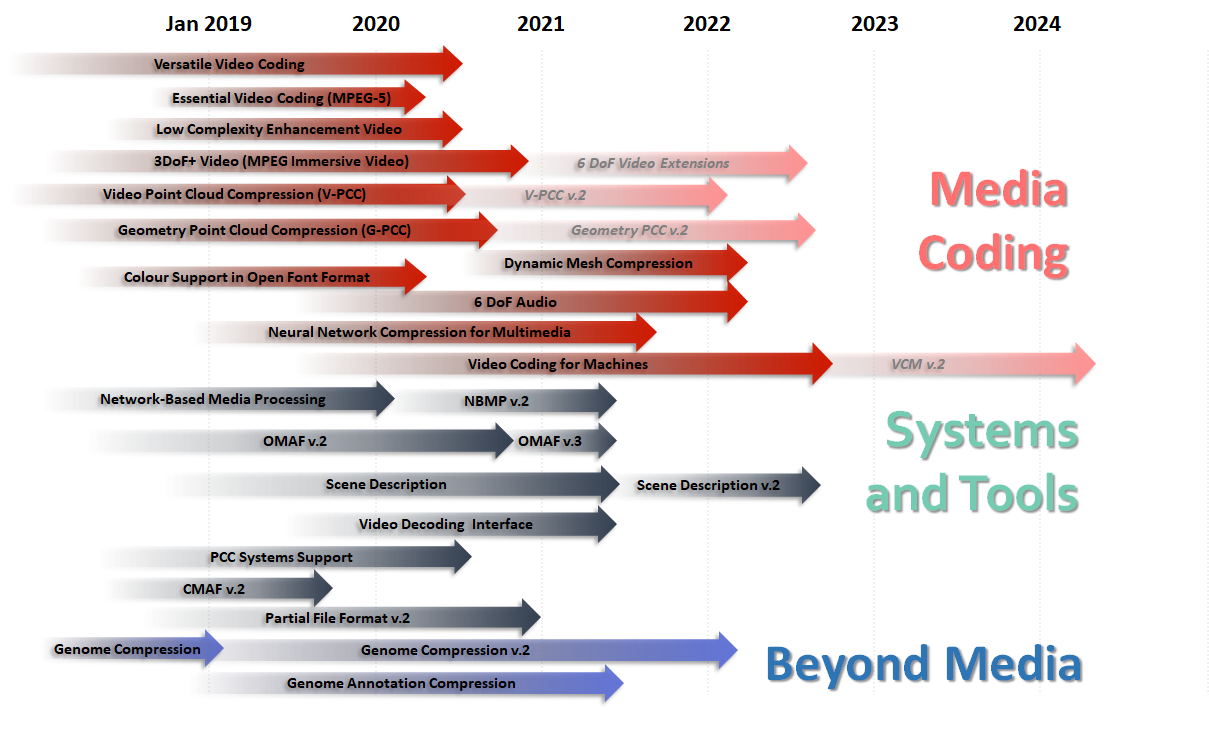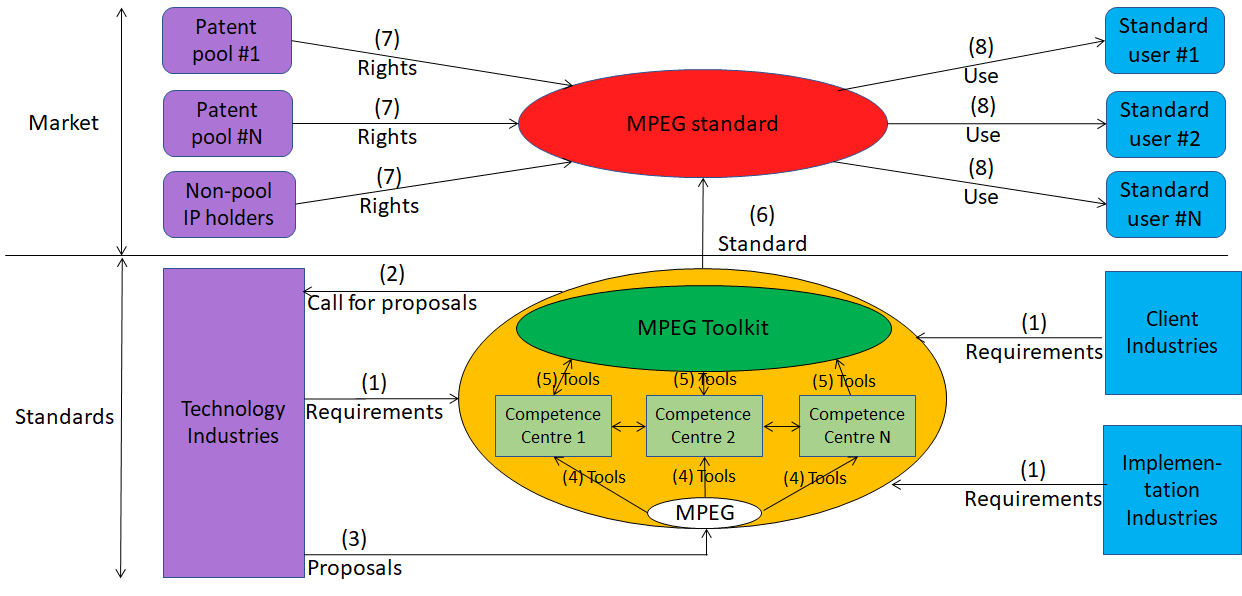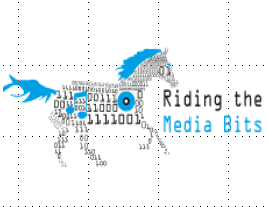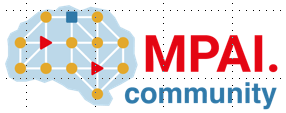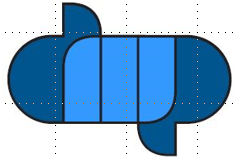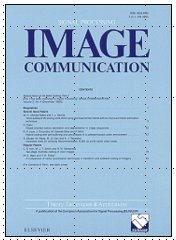Standards and quality
Introduction Quality pervades our life: we talk of quality of life and we choose things on the basis of declared or perceived quality. A standard is a product, and as such may also be judged, although not exclusively, in terms of its quality. MPEG standards are no exception and the quality of MPEG standards has been a feature has considered of paramount importance since its early days. Cosmesis is related to quality, but is a different beast. You can apply…
